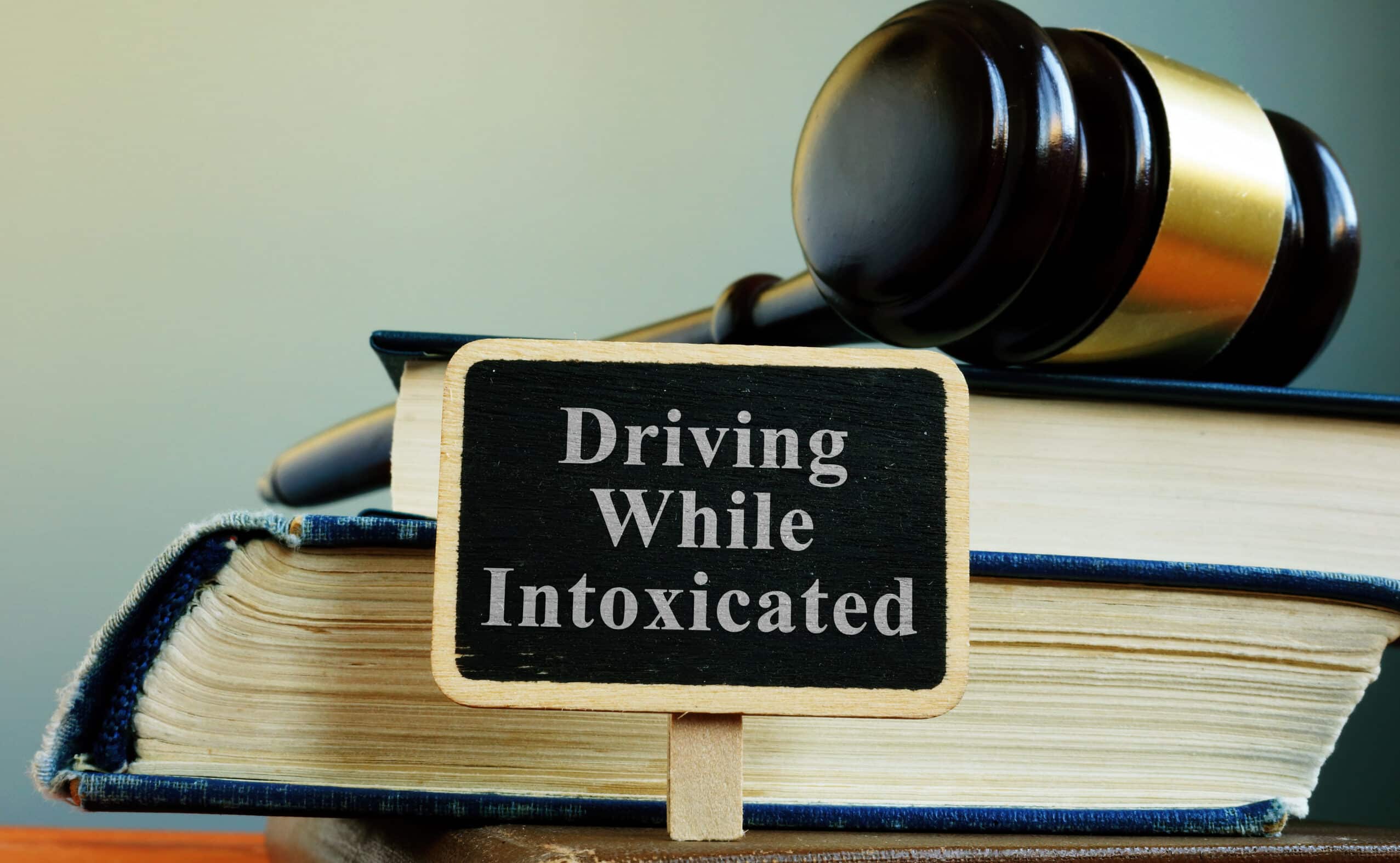Consequences of Getting a DWI in North Carolina
A DWI conviction can lead to a range of consequences depending on several factors. The level of the offense, whether a person has prior DWI convictions, and any aggravating factors are taken into account during the incident. The penalties you could be facing range from impact on driving privileges such as suspension or revocation of your driver’s license, possible jail time, excessive fines, and the installation of an ignition interlock device.
If you’re convicted of a DWI, every aspect of the incident needs to be reviewed by an attorney with experience in DWI matters. Everything from sobriety field tests, law enforcement body camera footage, if available, and any inaccuracies in the blood and breath test results all need to be carefully evaluated.
North Carolina’s legal limit for blood alcohol content (BAC) is .08. Meaning that anyone with a BAC of .08 or greater can be arrested for driving while impaired (DWI). For Commercial drivers, the penalties are stricter, and the limit for BAC is set at .04.
There are 6 DWI levels in North Carolina, with most first-time offenders charged with a level 5. However, aggravating factors such as having children in the car at the time of the incident automatically can move a first-time offender to a level 1.
If you are convicted of a first offense DWI, you can revoke your license for one year. That being said, under certain circumstances, you may be eligible for a limited driving privilege.
Your driving privileges, as well as the detrimental effects a DWI could have on your employment or future employment, are why you need expert knowledge and legal advocates working on your behalf.

